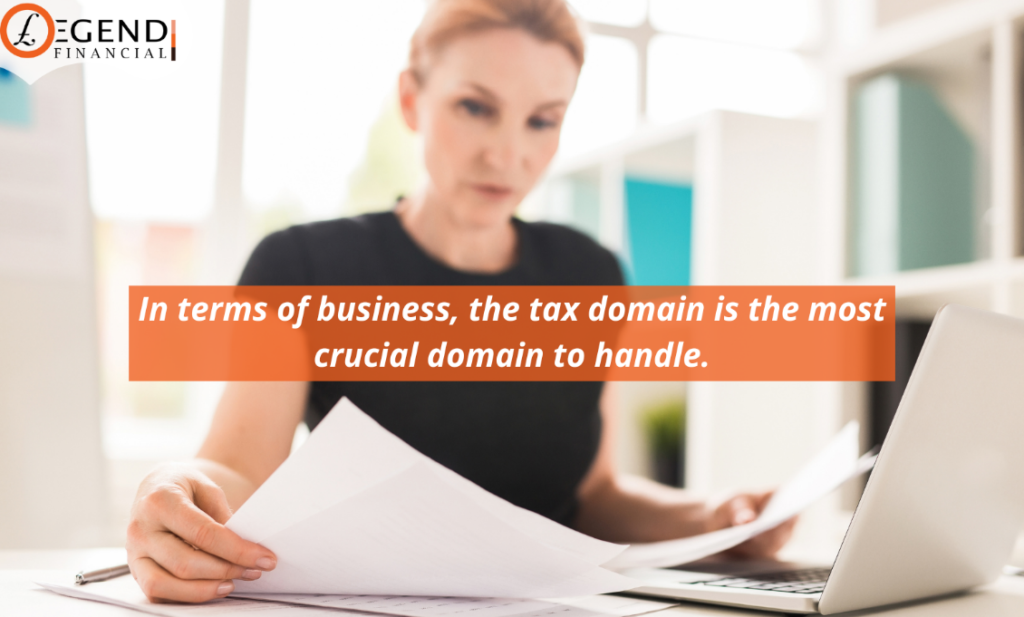Businesses revolve around corporation tax, and you can’t think of earning a profit through your business if you are not a responsible citizen paying taxes. Businesses can be run by a collaborative company or a sole trader willing to handle all the responsibilities independently. There are many common things in both, as the core target is to serve the people through services and make money out of it.
Both are obliged to certain taxes, and corporation tax is of prime importance here. Might you be curious to discover that does a sole trader pay corporation tax?
Comparing the sole trader and the company, there is a big difference in the central holding power. Being a sole trader, you are the main business lead, whereas, in the company, the directors and the shareholders are the main leads of the company. This encompasses fundamental differences and other applications in terms of commands.
Discussing The Tax Applications
Coming towards the business profit lines, the tax department is one of the most critical domains when comparing both. The sole trader has to pay Class 2 and 4 National Insurance and Income tax on the taxable profits made on the business. The specified tax rate showcases the personal allowance of £ 12570 on the income tax. The blind person allowance is £ 2600. Marriage allowance marks its line at £ 1,260.
As a company, paying corporation tax on taxable profits is mandatory. Company tax rates are lower than the high rates of income tax. People working in collaborative companies are subjected to PAYE- Pay as you earn and NICs on the amount earned by them during employment. When it comes to company shareholders, they are subjected to income tax on dividends and some other tax.
On application of Off-Payroll Working, the fee paid to the company is taxed under PAYE or NIC. By applying IR35, gross income will be delivered to the company, but PYAE and NICs must be deducted from the deemed payment.
Loses Under The Categories
Whether you are a sole trader or a company runner, things sometimes get off track, and you have to encounter some situations that are not wished for by anyone-yes, you caught it right; we are talking about the losses that can make your progress path a little down. Good businesses are professional, and professional businesses don’t have an ideal image; in fact, they have act up plans and nullifying strategies that help them minimize losses as much as possible.

Encountering Losses
While talking about sole traders, you can offset your trading losses against other income. Losses encountered in the current year can be carried back three years against profits from the same trade. This is called nullifying losses by going back. You set up a business, and all the losses encountered in the current time can be managed by nullifying it with previous profits.
This may slow down your progress, but somehow you manage to deal with the stress. The losses can be taxes paid late due to penalties or anything that reduces the profit. Or the sole trader may claim an amount of relief for losses and interest payments.
On the other hand, companies deal with stress differently. The company can also offset losses against other incomes but not against individual shareholder income. The losses can be carried back three years and managed accordingly.
Gaining Profits
Comparing the gaining profits terminology for both business lines, sole traders can withdraw profits without tax effect. So being self-employed means, you can withdraw cash and give no tax amount in return. In the company profit-gaining process, you are taxed on any income withdrawn from the company account. Now withdrawal can be of two types
- Distribution
- Earnings
In the case of distributions, it is taxed as dividends. In the case of earnings, it is taxed as PAYE with no CNICS. The benefits received by the employees are taxable.
Pensions
As a sole trader, you are liable to personal pensions only because it’s one personal army and you are the only person directly associated with it. The pensions may be resolved by company terms and conditions for a person associated with the company. Sometimes company schemes might be less generous towards pension schemes.
A shared incentive plan-SIP or Self- Administered Scheme-SAS may be used to take hold of assets. So, employees can have pension schemes, but it depends on the company’s rules and regulations.
VAT Charges

VAT registration for sole traders and the company business items are almost identical. Businesses handled by sole traders of the companies, who are trading above 85,000, are liable to use the VAT threshold. There is software that can handle filling out forms and directly handing over the figures to the HMRC. The invoices and the returns should be adequately handled because, in terms of any misfortune, these invoices and the returns are the most demanding things a company needs.
There is a lot more dimension to be discussed when it comes to a business run by solo persons and a company with a whole team effort. The profits made by the sole traders would be less than the team effort, but defining goals in terms of business strategy is essential for both. You must admit that while running a business, the business mindset makes a company distinctive from others.
No matter the force behind it or how many people are engaged in running the company, and the only target is to make the public familiar with the product and let them utilize your services. In return, you will have a considerable amount of the inventories that went the way you planned them.
Coming out of the shackles of the one cycle, it’s essential to have a grip on more than one domain if you are a single person dealing with the real stuff. You must be efficient in business strategies and handling tax domains because it is the only domain that will keep you financially stable enough to run the next business cycle.

If you are weak in the tax domain, then everyday energy and financial strategies might be slaughtered in the name of paying taxes, and that is the only thing that business persons are scared of. Therefore, seeking professional help might do your business in tough times.
At Legend Financial, we offer services to people who are a one-person show and believe in their power. At the same time, we encourage companies with a whole team behind their back to help them achieve specific goals. No matter from what side you approach us, we are always there to help you.